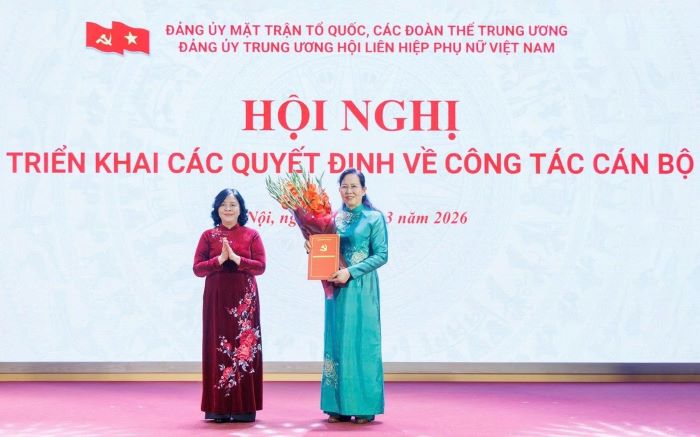Violence against women

Ertürk, who has been the Special Rapporteur for this mandate for the last six years, retired from the position at the end of July 2009. Two Rapporteurs have occupied the position since it was created in 1994 by the then Human Rights Commission.The Special Rapporteur investigates and reports to the Human Rights Council on violence against women, makes recommendations to eliminate violations and suggests measures to remedy its consequences.
In speeches reviewing the mandate, Ertürk has described the establishment of the mandate as a milestone. “As the first mechanism to monitor violations of women’s rights, particularly in the private sphere which for so long was shielded from public scrutiny”, Ertürk says, “the mandate has provided a venue for the voices of those who dared to break the silence of violence and has helped mobilize women from around the world.”
Gender violence in armed conflict has been a particular focus of the mandate. Ertürk says the work of the Special Rapporteurs in this area has made a significant contribution to the recognition of sexual violence as a serious violation of international law and a crime against humanity.
The Special Rapporteur is also charged with on-going investigations of the causes of violence against women. By placing greater emphasis on the underlying conditions that lead to violations, Ertürk believes the mandate holders have helped prevent rights’ abuses as opposed to offering only palliative reactions.
Despite the many achievements, very significant challenges remain. Ertürk leaves her mandate cautioning that violence against women continues unabated and is re-emerging in new and dangerous forms. Global trends such as militarization, increasing armed conflict, neoliberal global policies, and fundamentalism will continue to pose serious challenges in years to come, she says.
A study commissioned to review the work of the mandate over the past 15 years has found that the role of the Special Rapporteur has been invaluable to uncover hidden violations, support and advocate for the most vulnerable women and facilitate access to justice and accountability where national systems are undeveloped or non existent.
Commenting on the 15 years of the mandate, the UN’s Deputy High Commissioner for Human Rights, Kyung-wha Kang says: “There has been significant progress in setting international standards, mechanisms, and policy measures to prevent, respond and eradicate all forms of violence against women, and in raising awareness over the issue.” Kang noted that these positive results flow from the combined efforts of the Special Rapporteur and many others and the advocacy of successive UN Secretaries-General, the General Assembly, the Security Council, and the Human Rights Council.
In 2008, UN Secretary-General Ban Ki-moon initiated his campaign, “United to End Violence against Women” which runs until 2015. The initiative was the result of a study which showed that many countries still had not put in place legislation reflecting international standards on violence against women, that gender-based discrimination continues to go unchallenged in many places, and crimes against women continue to be perpetrated with impunity.
The independent review of the mandate commissioned by Ertürk reinforces this view, finding that access to justice for women is often ridden with obstacles, and likewise accountability in cases of domestic abuse remains elusive.
While acknowledging the obstacles ahead, Ertürk, is ending her mandate with a positive message. “Eradicating violence against women and ensuring that human rights are universally enjoyed is a common goal and a shared obligation. The progress achieved thus far towards this goal, although uneven, has verified that oppressive values, institutions and relationships can be transformed.”
Ms Rashida Manjoo (






